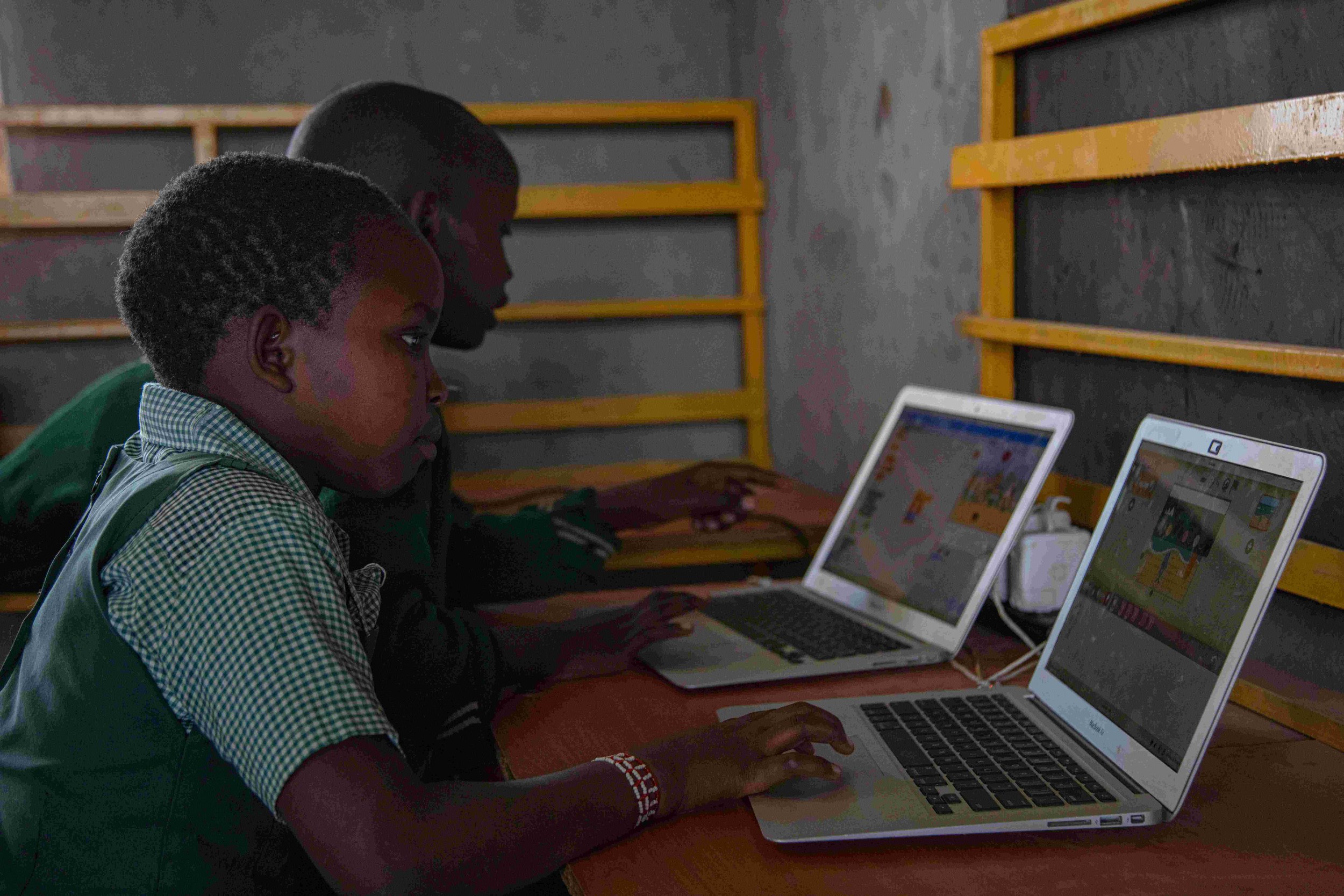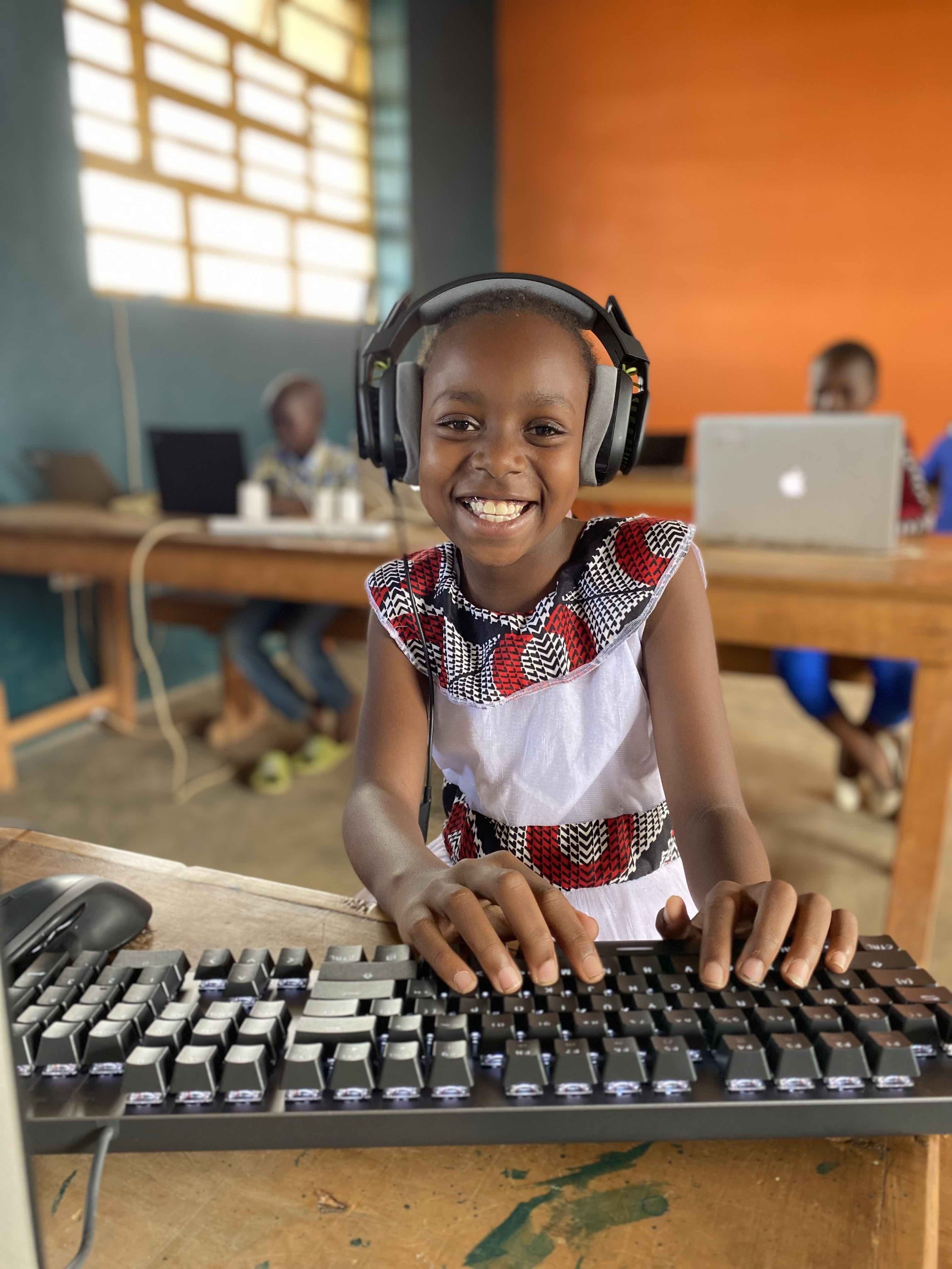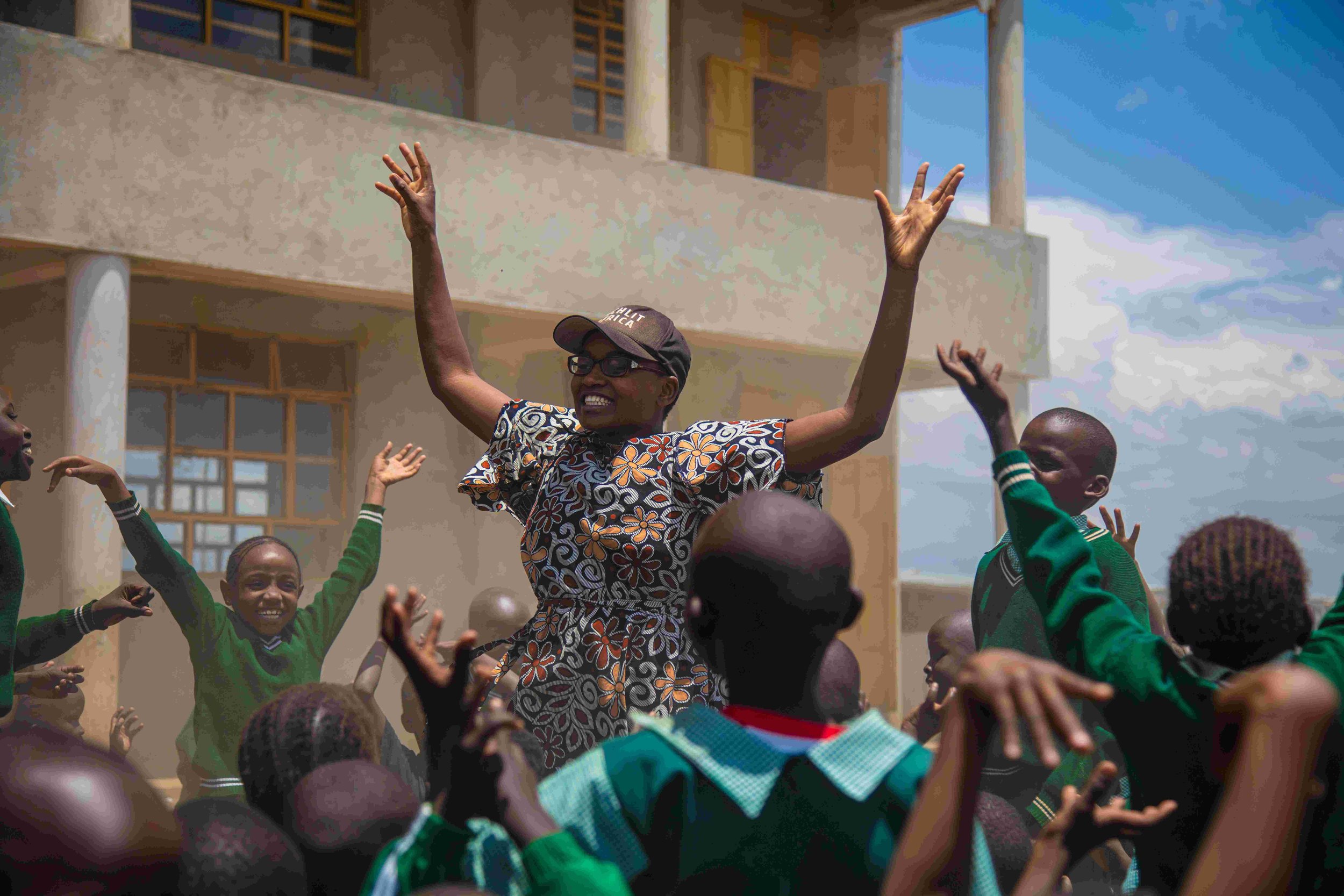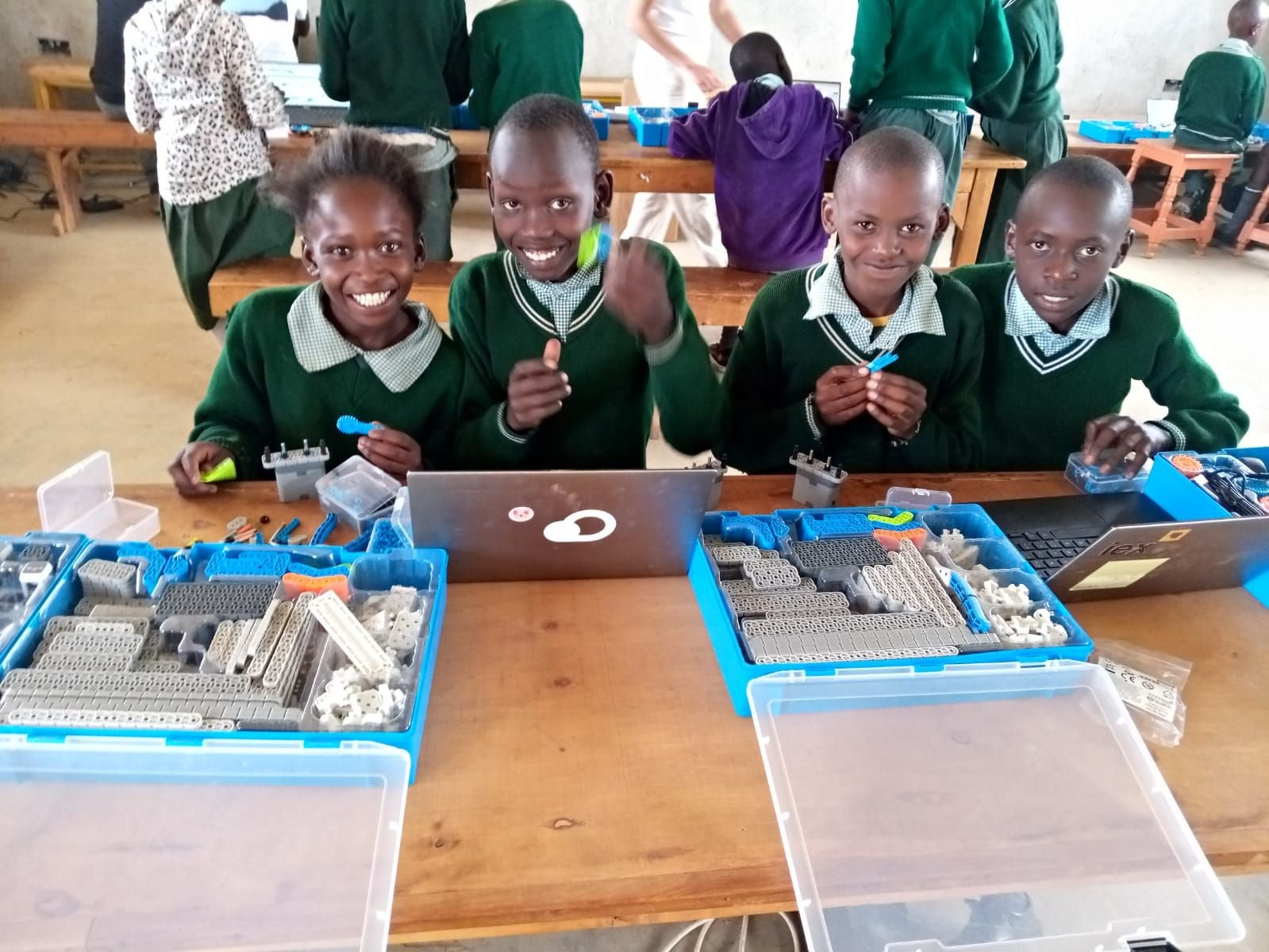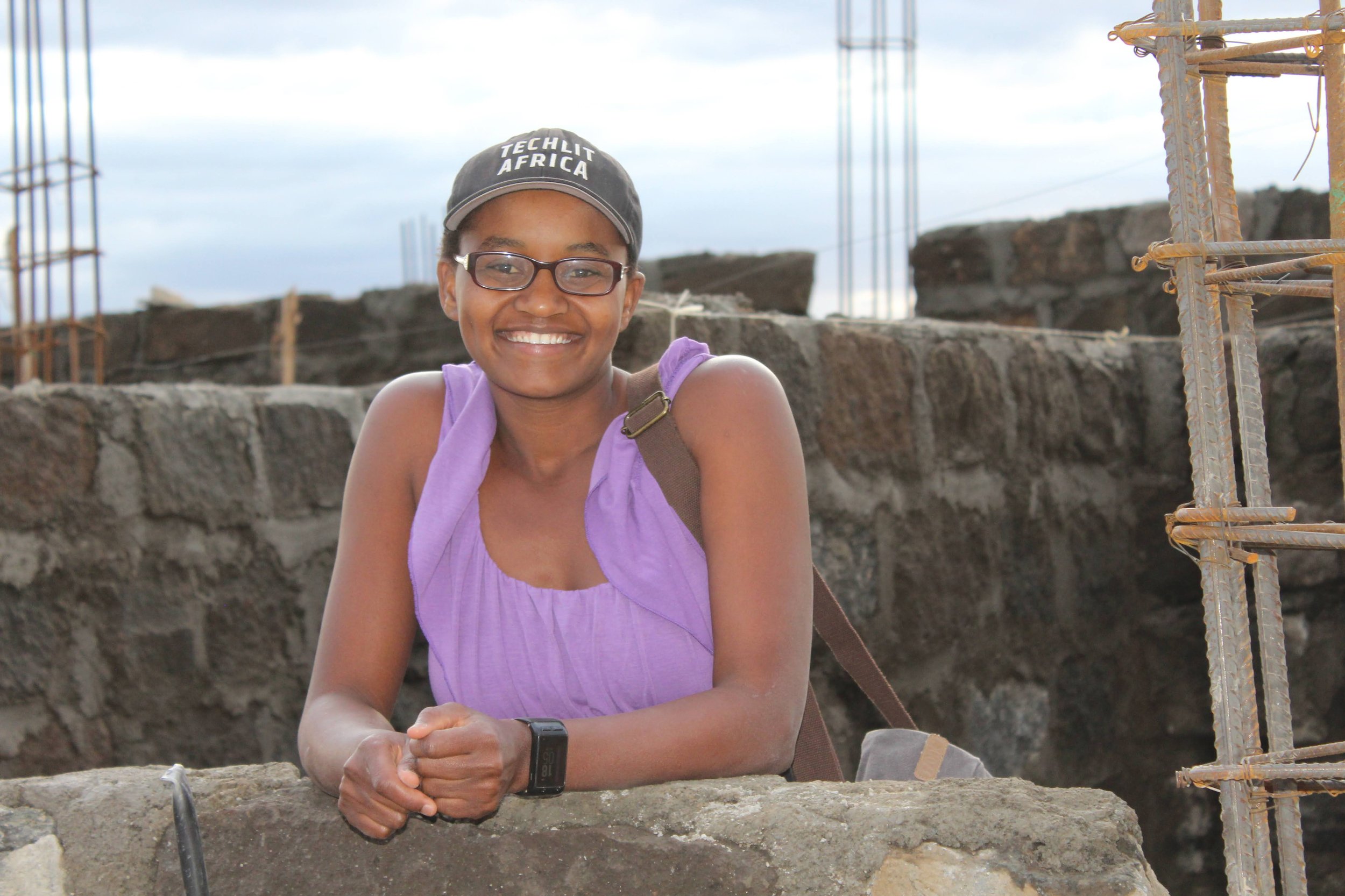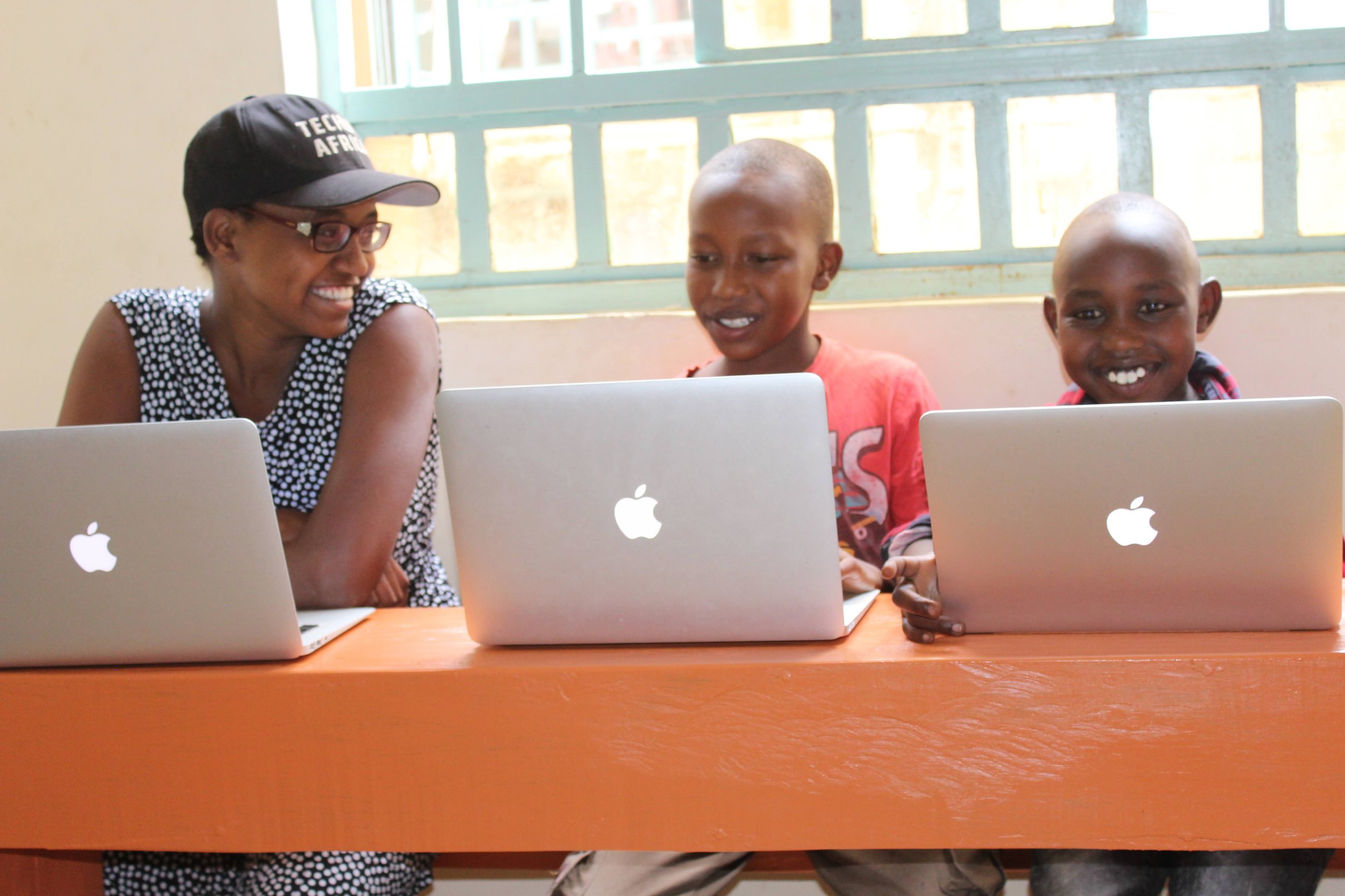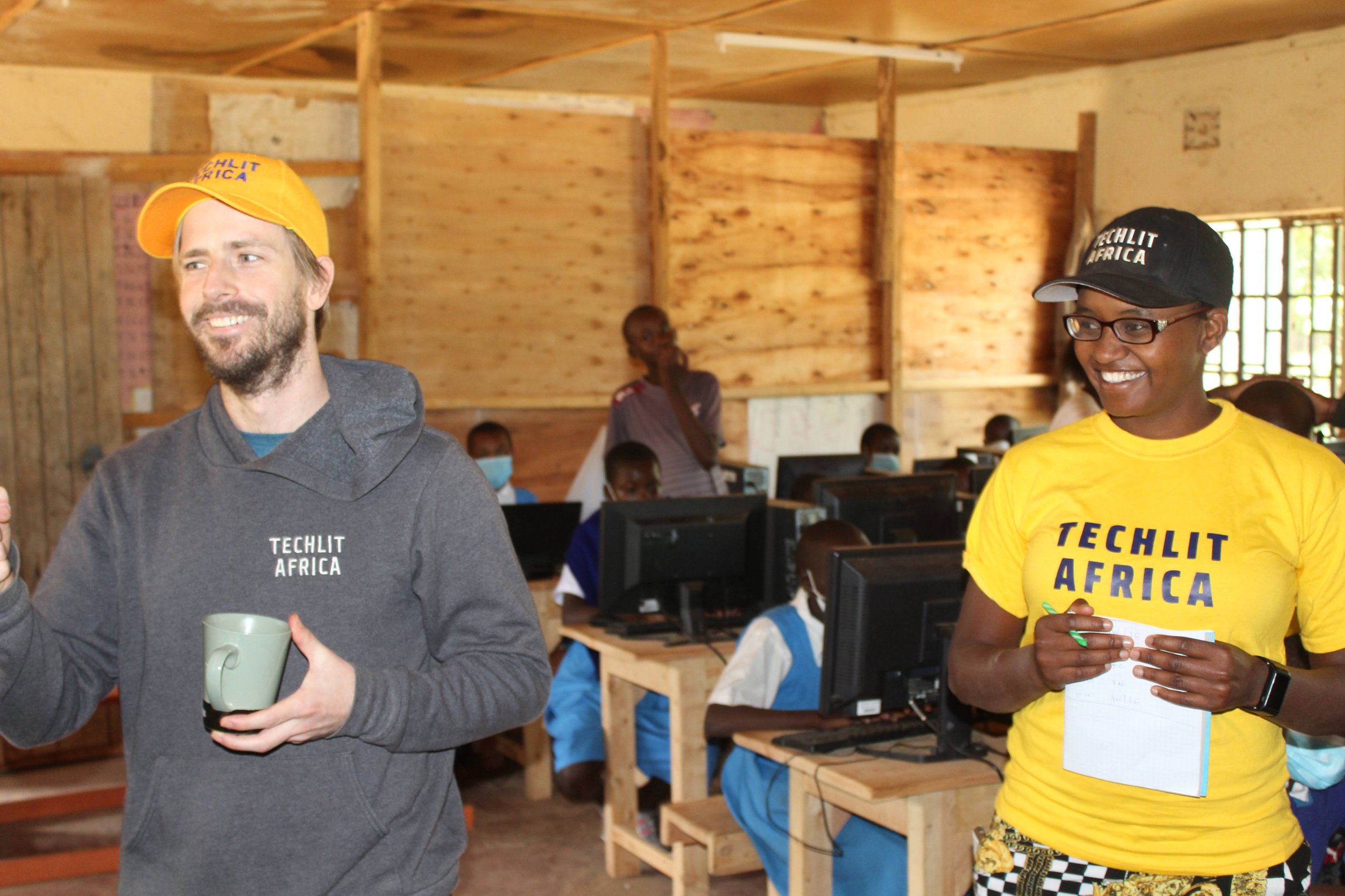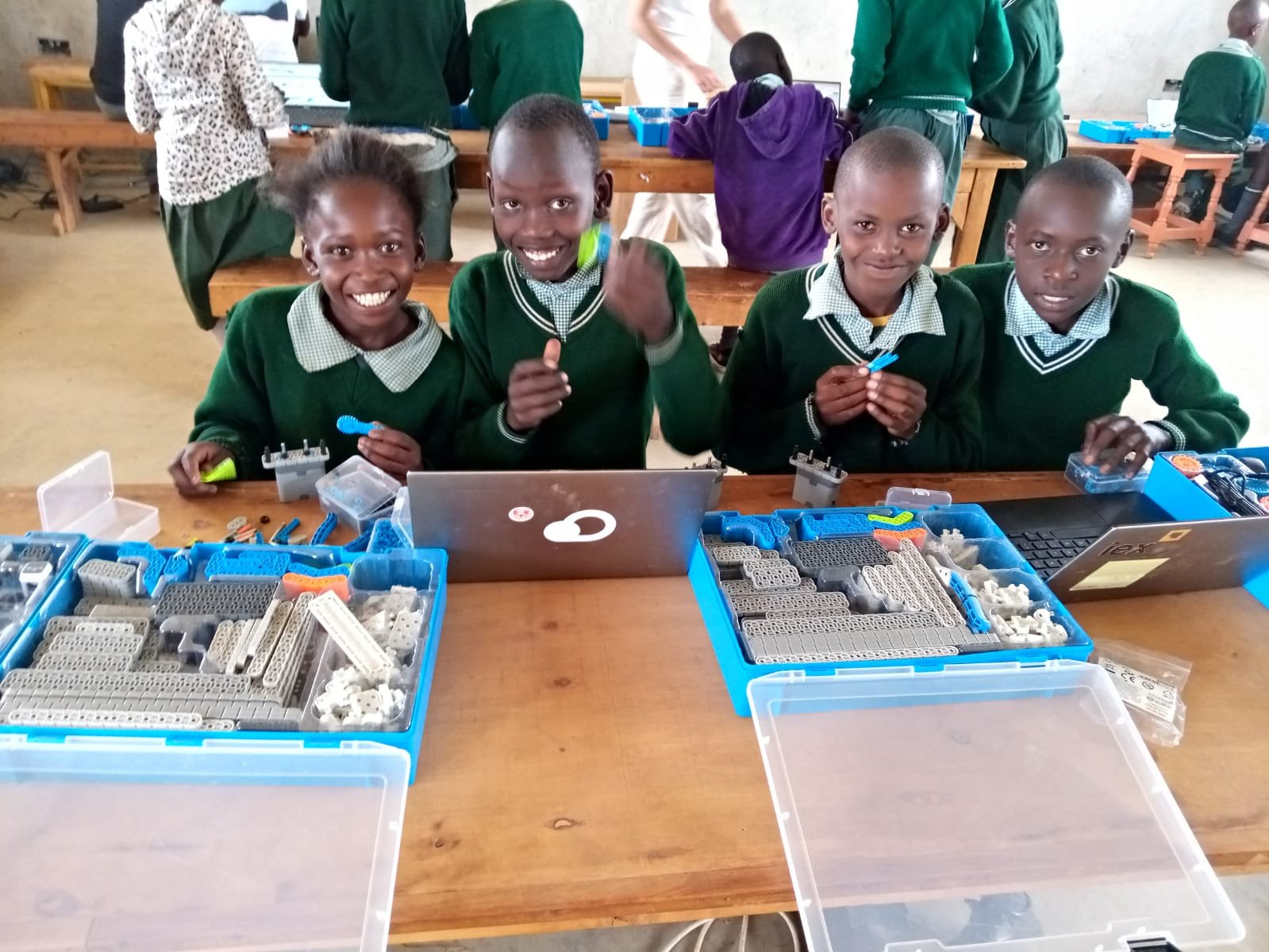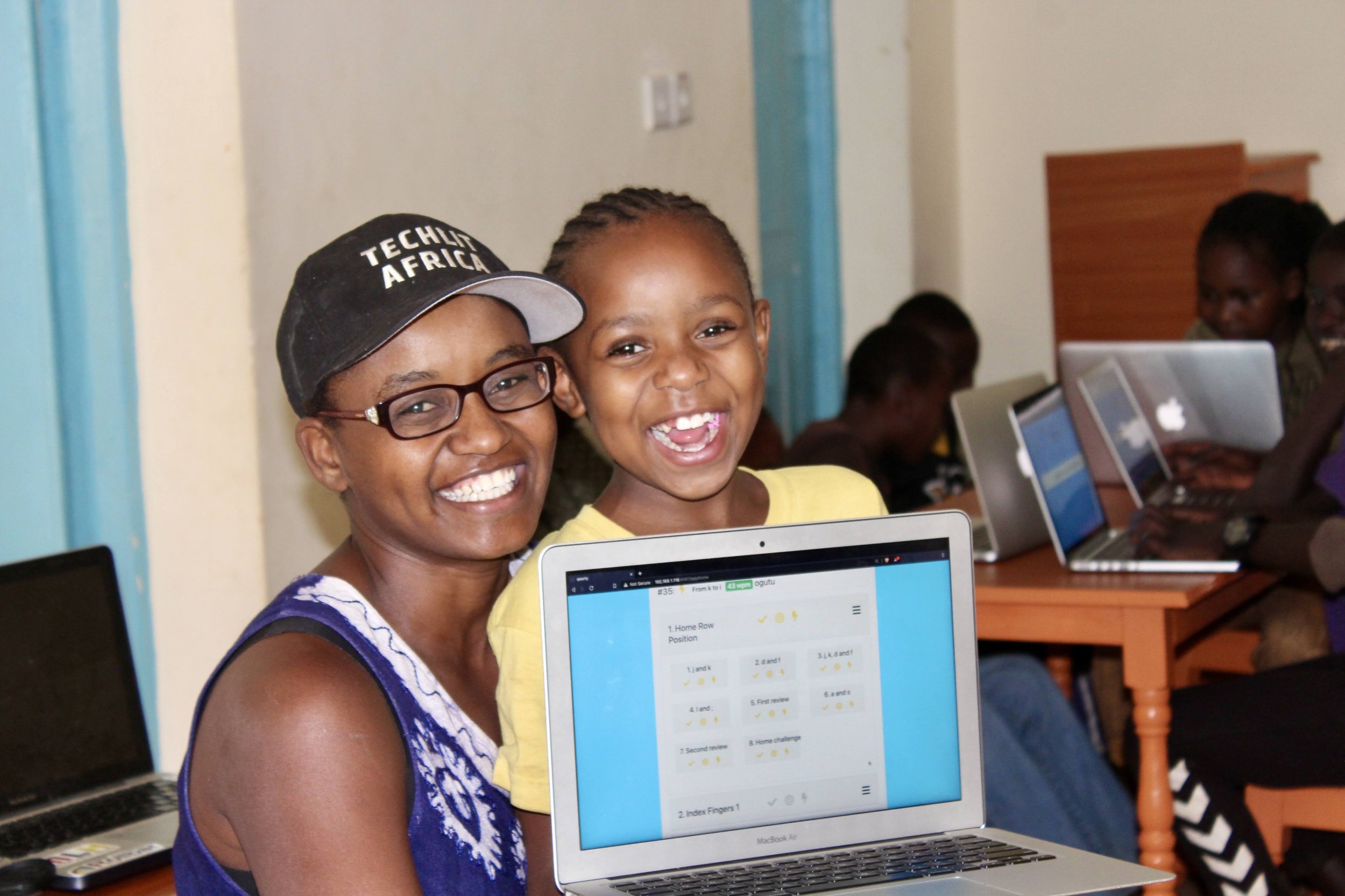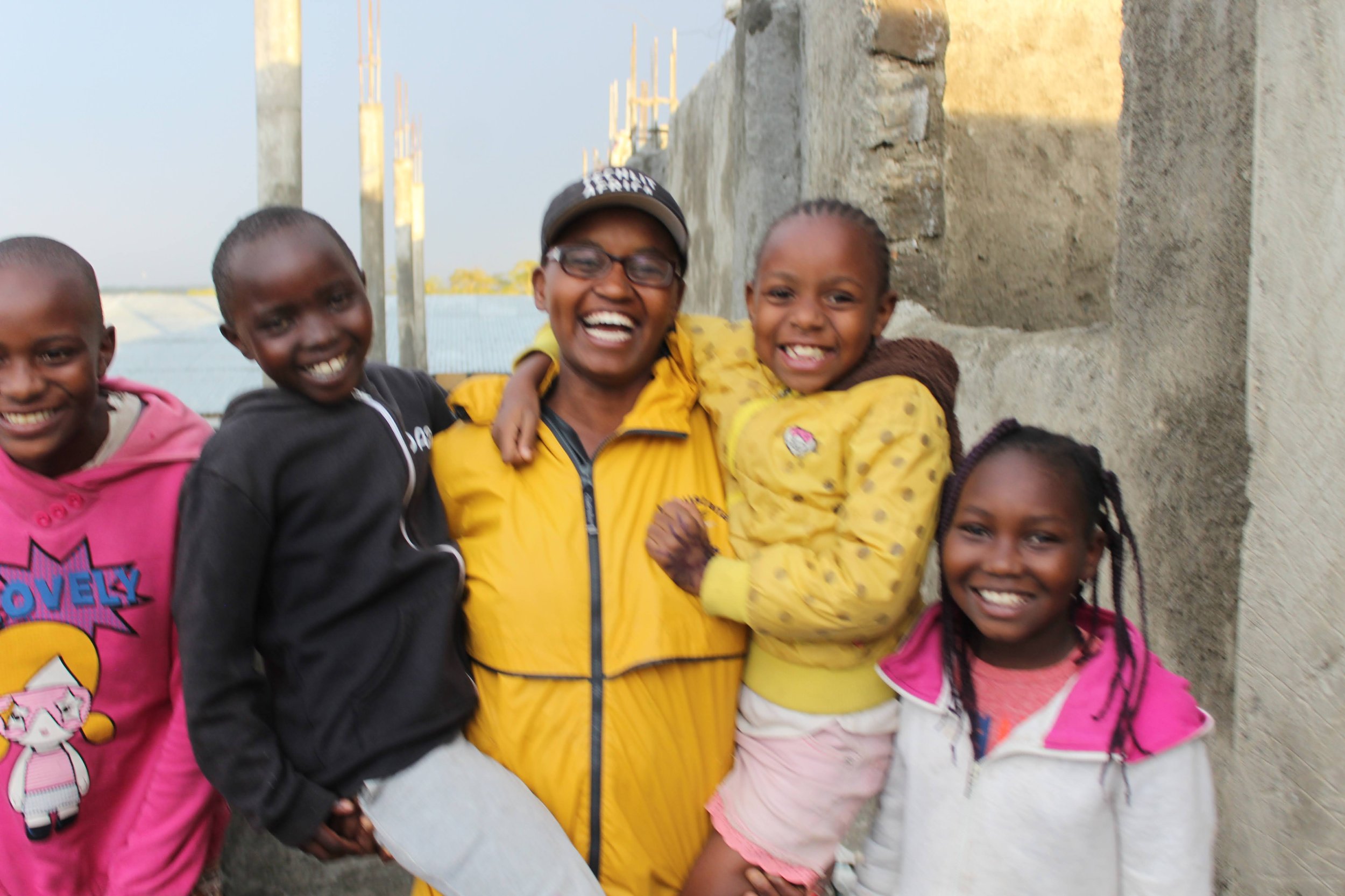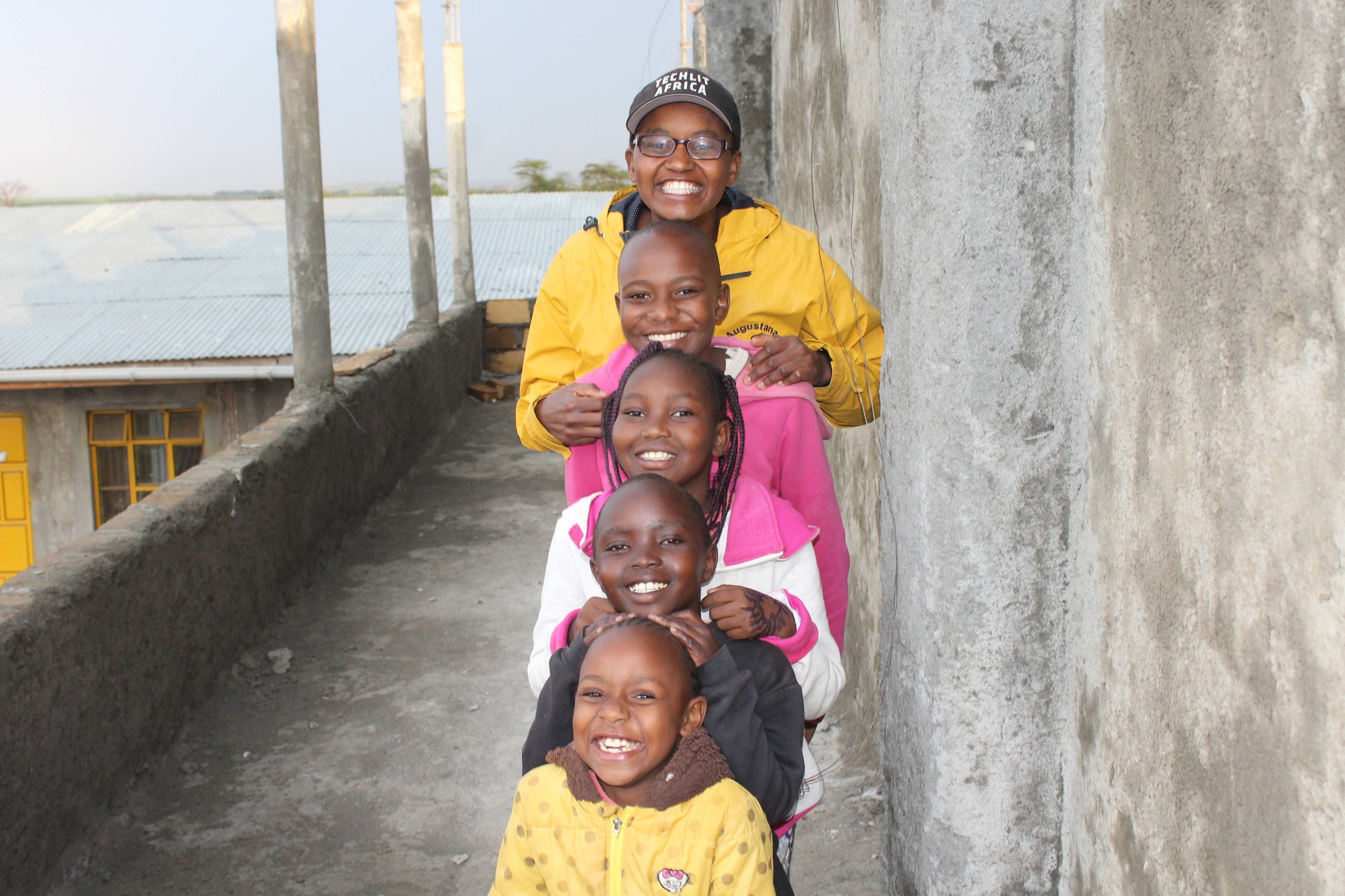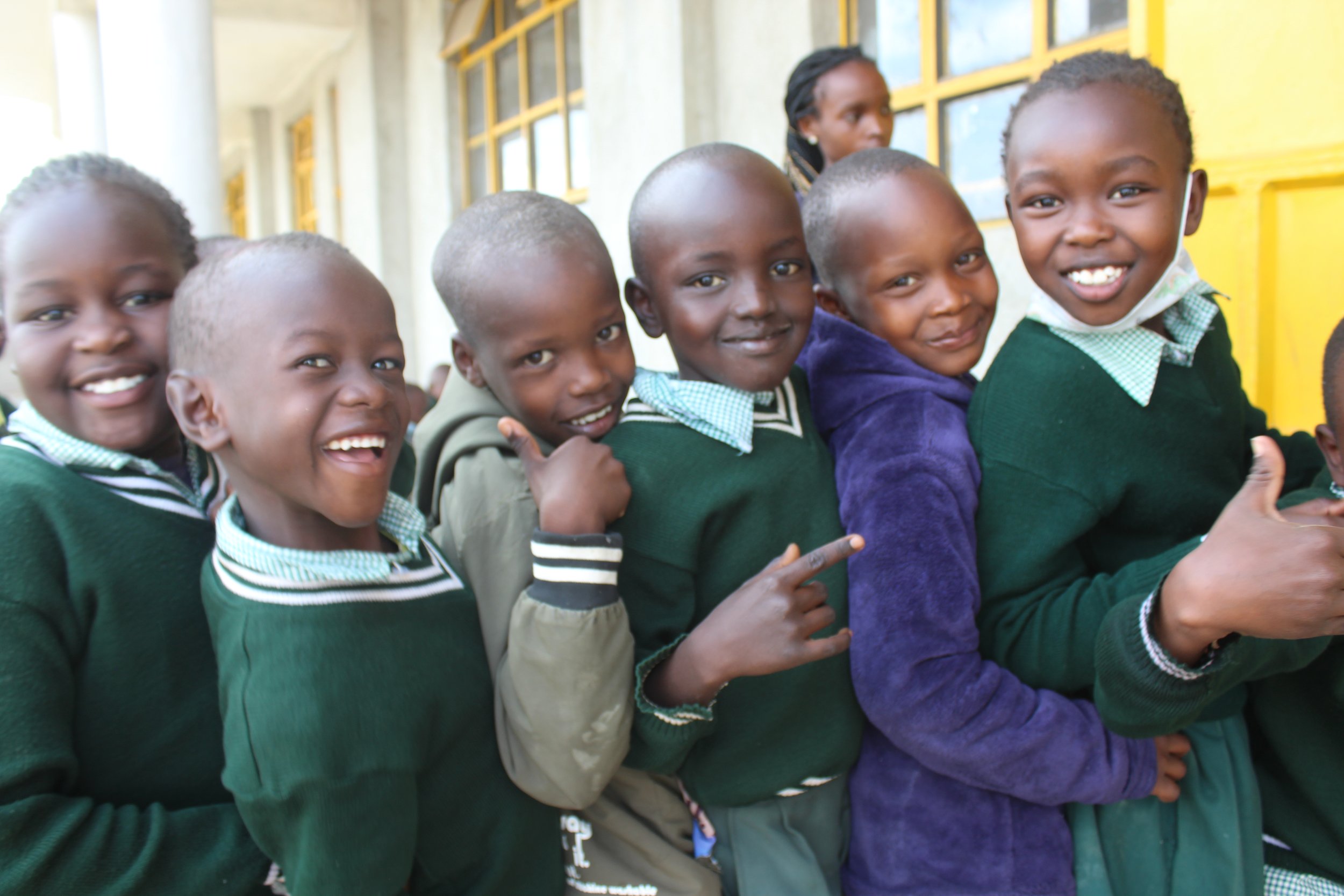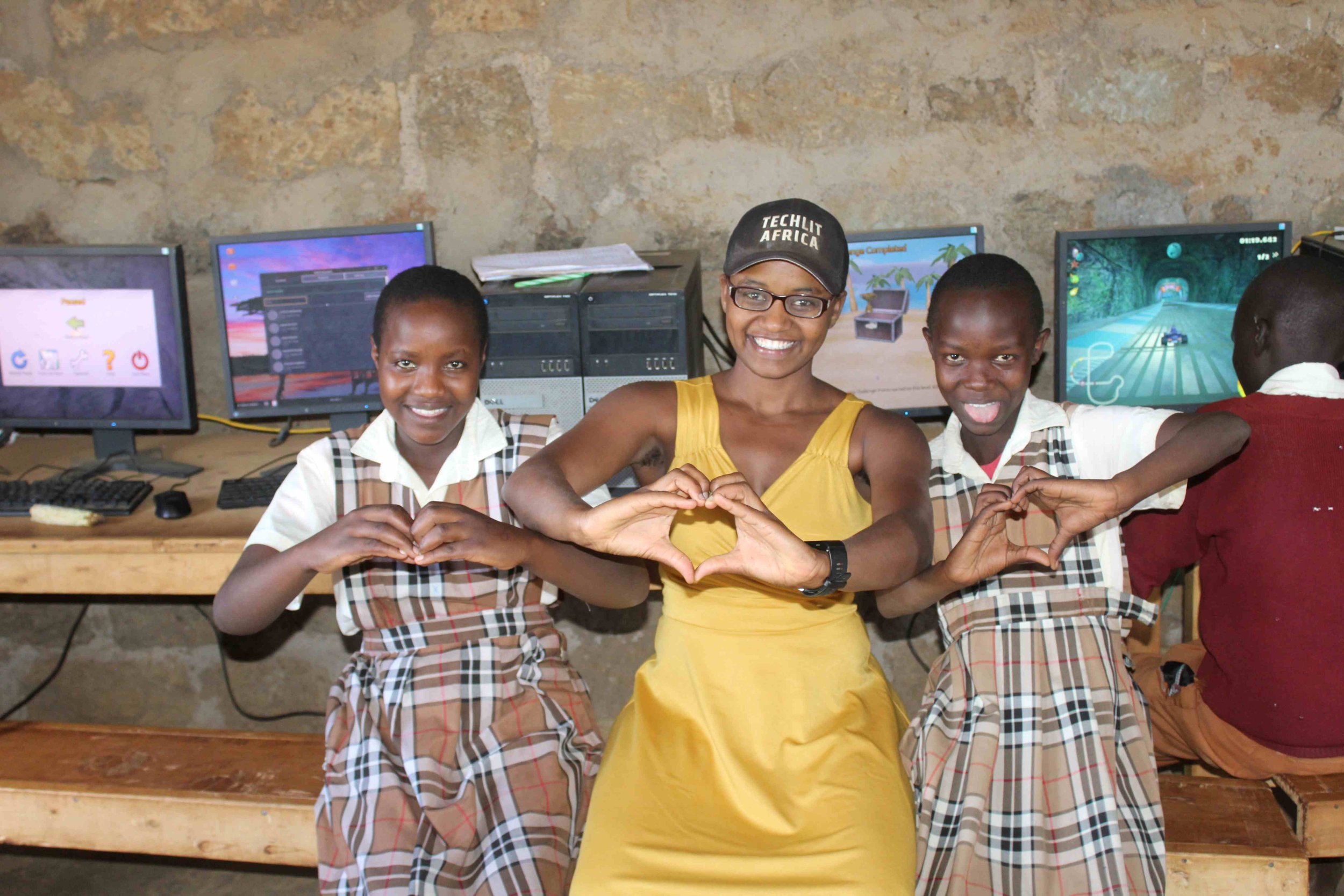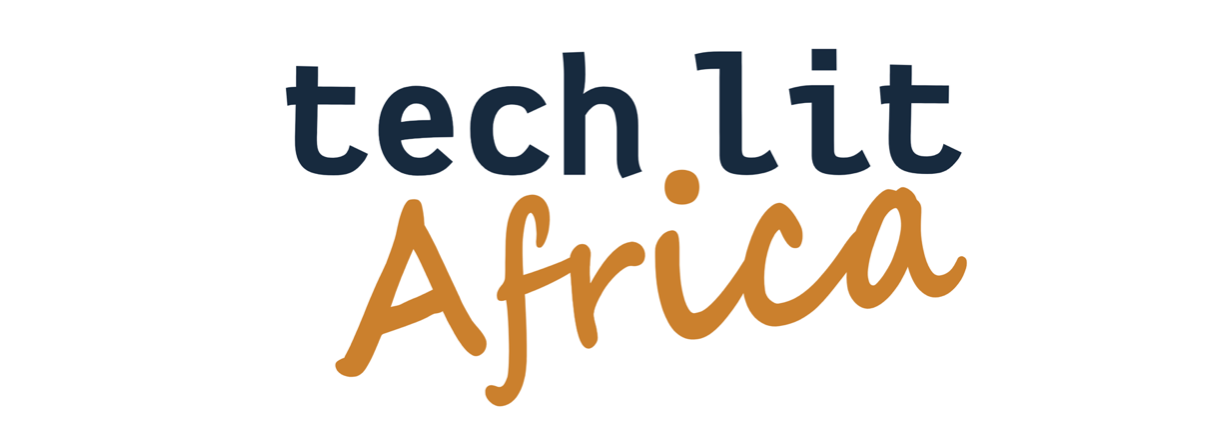LIONESS WEEKENDER COVER STORY
Techlit Africa, a social impact business enabling children to fulfill their potential through digital skills development in Kenya
Nelly Cheboi is the founder of TechLit Africa, an organization that teaches digital skills in rural primary schools, and the winner of the 2022 CNN Hero award. Nelly grew up in the rural village of Mogotio in Kenya. She received a full scholarship to study computer science at Augustana College in Illinois in 2012 and graduated in 2016 with a bachelor’s degree in applied mathematics and computer science. Nelly built a school in Kenya, called Zawadi Yetu, during her junior year of college in 2018, and started to transport donated computers from the United States to Kenya. In 2019, she founded the nonprofit TechLit Africa with another software engineer, Tyler Cinnamon, after quitting their jobs. The organization, headquartered in Kenya at Zawadi Yetu, teaches 4000 students aged 5–14 basic computer skills and redistributes recycled technology to enable the creation of computer labs in African schools. They have built 10 computer labs in rural Kenya and have plans for 100 more. In 2022, Nelly was named as one of the 30 under 30 on the Forbes list for social impact and in the same year was also the recipient of the CNN Hero award.
Lioness Weekender spoke to the impact-driven Nelly Cheboi about her entrepreneurial journey and her vision for the future
What does your company do?
We teach digital skills in rural primary schools. The idea is that when our children graduate high school, we want them to be able to secure a job remotely from any company in the world without leaving the community. And so, to do that, we are injecting very technical training into their day-to-day schooling. We start with young graders, and we teach them, about HTML website, Python robotics etc. We want them to have enough skills once they graduate high school to be able to secure a job. And our whole pillar is geared towards that, we're teaching them self-efficacy. How can they go from remote village to go to the internet, to network with people, to train and secure that job. We teach them about internet skills, how they can use the internet effectively and also for their own benefit. And lastly, we teach them about troubleshooting, being able to solve the problems that come along the way. So right now, we are in 26 schools working with over 7000 children, and our children right now are building websites. They also have their own little brand so that they are also teaching people on the internet. They're teaching them about these technical skills in their native language. So, you can imagine someone teaching you how building websites in Kalenjin or in Pamba, which is our tribal languages, it just really helps them build their brand, but also really helps them in terms of showing that this is possible when a child from the village is teaching you how to code, you're like, I can do that too. If a child from the village can do it, I can do it too.
What inspired you to start your company?
I grew up in the village. I grew up in poverty, and I spent most of my childhood herding cows. And all I wanted to do was play with my friends. But then when I look around, my mom, I'm like, hey, I want to be playing with my friends. Why do you have me herding cows? And I see her working really hard to educate my sisters, and I waking up at 5 a.m. to sell vegetables on the road, or to sell mangoes, or to sell goats, and coming home very late at night, really tired. And so, when I saw how hard she was working, I knew that I started wondering to myself, what is it about us? Do we just want to suffer? What is it about rural Kenya that you're constantly in poverty? And so, it really inspired me to start thinking about sustainability, to start thinking about how I can rewrite my childhood and I started learning. I worked really hard in school. I ended up getting a scholarship and all in the back of my head, I was just thinking, how can I rewrite my childhood? And so, when I discovered technology and I discovered computer science, I read all about how companies are constantly outsourcing their work to India, South America etc.
And I asked myself, why not Kenya? Why not rural Africa? And so, the inspiration has been really that. Most of the countries in the continent are poor because we have systemic issues as we are a developing nation. We don't have the banking infrastructure to support our small businesses, to become middle sized businesses that can empower people. We don't have the best roads to ease distribution. Our people don't have a higher purchasing power so that they can spend more money when you start a business. So, everything is really hard to make it as a self, small entrepreneur in places like this, to build those systems is very expensive, to build the financial infrastructure, to build the physical infrastructure is very expensive. But if we can train people, we can actually build a really robust digital infrastructure where someone from the village, all they need is just a laptop and internet, and they can access the whole world, and they can work remotely for all these companies and then be able to pay taxes that can actually help us build the infrastructure. So, for me, it felt like we are leapfrogging all these systemic issues, keeping us poor and just taking advantage of the digital infrastructure and building a very robust one.
Why should anyone use your service or product?
We really, really love children. We really care so much about their outcome; I think for us we just can't even describe just how much we love kids. It's all there in our ethos. It's everywhere from the way we teach our curriculum, the way we make sure that they are super excited, super engaged, we just stay up all night to figure out what's the best way to empower them. And so when we approach our education and our training with so much love, we're able to create an environment of positivity and where the kids can learn anything and feel that they're so nurtured.
Tell us a little about your team:
I think our team is a reflection of our company ethos, which is to be super nurturing and just super love these kids. We approach everything from the act of love. It's about being super nurturing and they really love these kids and they care so much about the outcome and say, when you do that, you're able to go above and beyond. To make sure that these kids can succeed.
Share a little about your entrepreneurial journey. And do you come from an entrepreneurial background?
Yes, because my mom is a self-entrepreneur. She was selling vegetables on the road, and the coolest thing about that is that she would be selling vegetables and then one day her business falls. And then the next day, she just gets up and starts a whole new business selling mangoes or selling something else, whatever is in season. So, every time she failed, she had the tenacity to just get up the next day and just show up and work really hard. And so, when you grow up with someone like that, when you see someone like that it's the stuff that you get as an entrepreneur. You just like, I can do this. I saw my mom doing this over and over, starting over and over every time she failed.
What are your future plans and aspirations for your company?
For us it’s about the children graduating out of our education system, not knowing how to send an email, not knowing how to even take advantage of the internet. And they just go into this cycle of poverty. We have this urgency to go to as many communities as possible, go to as many countries in the continent as possible, train as many kids so that they will have a different story from their parents, right from the people that came before them, because they're going to be coming into the world with leverage. They're going to be coming into the world very technical. We really want to grow as much as possible, get to as many kids as possible.
What gives you the most satisfaction being an entrepreneur?
Being an entrepreneur is really hard. You have this vision of how the world should be when you succeed. And sometimes it's just really hard and the vision seems so vague. It seems so ambitious. But then once in a while, you get glimpses of your vision coming to life. Like when a child is able to build a website. When one of our kids are touch typing in fifth grade when it took me six months of training to even just be able to touch type way after high school and after college when I was in my 20s. So, getting those glimpses of your vision coming to life is just so empowering. And so, you kind of feel like no matter how audacious the goal is, you're working towards that because you see those glimpses along the way.
What's the biggest piece of advice you can give to other women looking to start-up?
It's never going to happen overnight. It doesn't happen overnight. People are likely to share their successes but for someone who is sharing their success, you have no idea how much work and pain and frustration it took them to get there. Whatever you are doing, when it gets really hard, know that it's not just hard for you. It has been hard for all the great entrepreneurs before you, and it's going to continue to be hard. All you have to do is pick something you care about. Work on it. Just work on it and work on it and work on it. It may take years. It may take even decades, but the only way you're able to keep working on it is because it's something you really care about. Because most entrepreneurs die even without even realizing their vision or they die trying. And if you are able to interview them and ask them, was it worth it? You spent all your life doing this thing and you died without even making it, was it even worth it? And I'm very sure they're going to say yes. Because for them it was something they really cared about. It's not really about the outcome. It's not really about the fancy headlines and making it. It's about the journey and working really hard to realize your vision. It's not easy, it’s really hard. But if it’s something that you really care about, you're going to keep showing up every day.
To find out more about the work of Techlit Africa, send an email to: info@techlitafrica.org or visit the Techlit Africa website and on social media:
https://www.instagram.com/techlitafrica/

